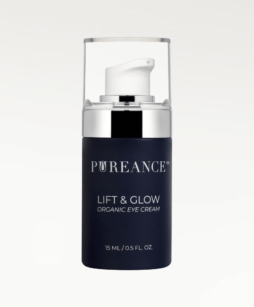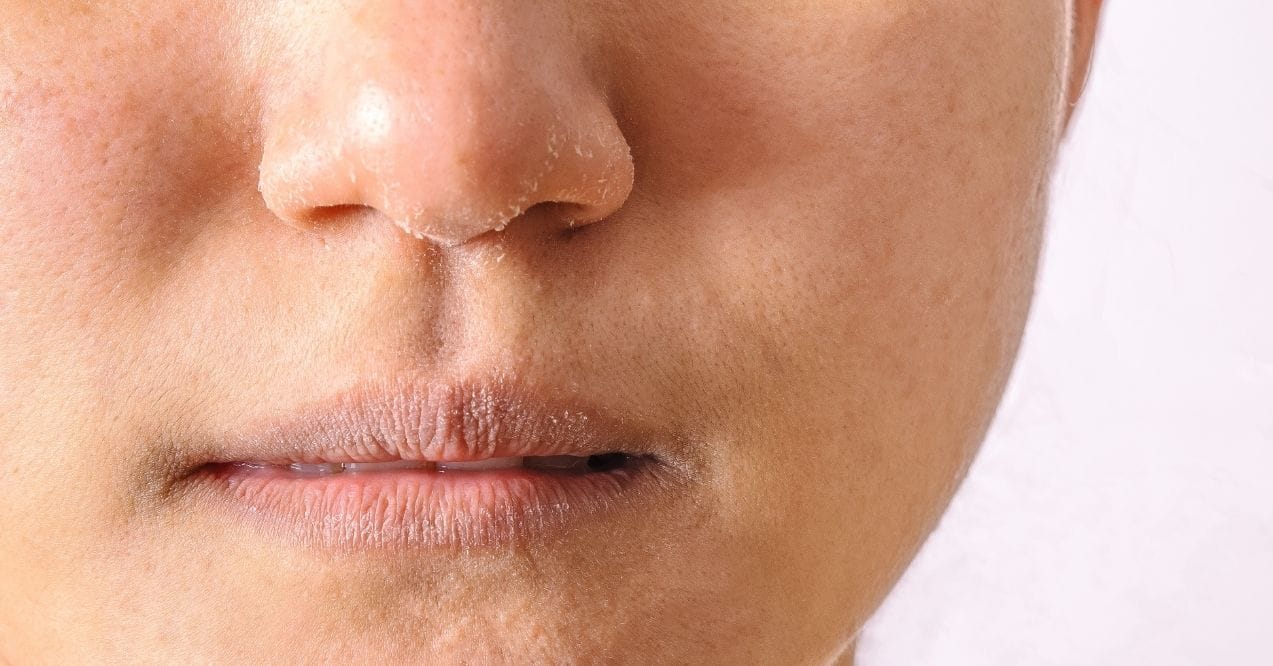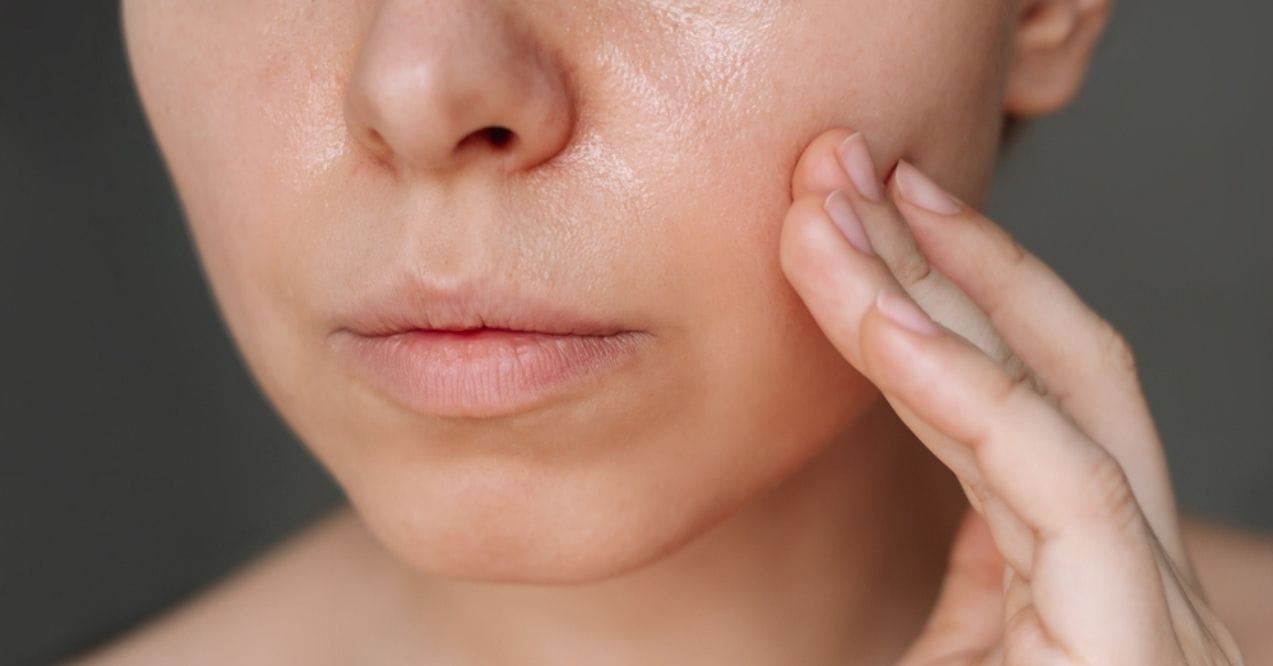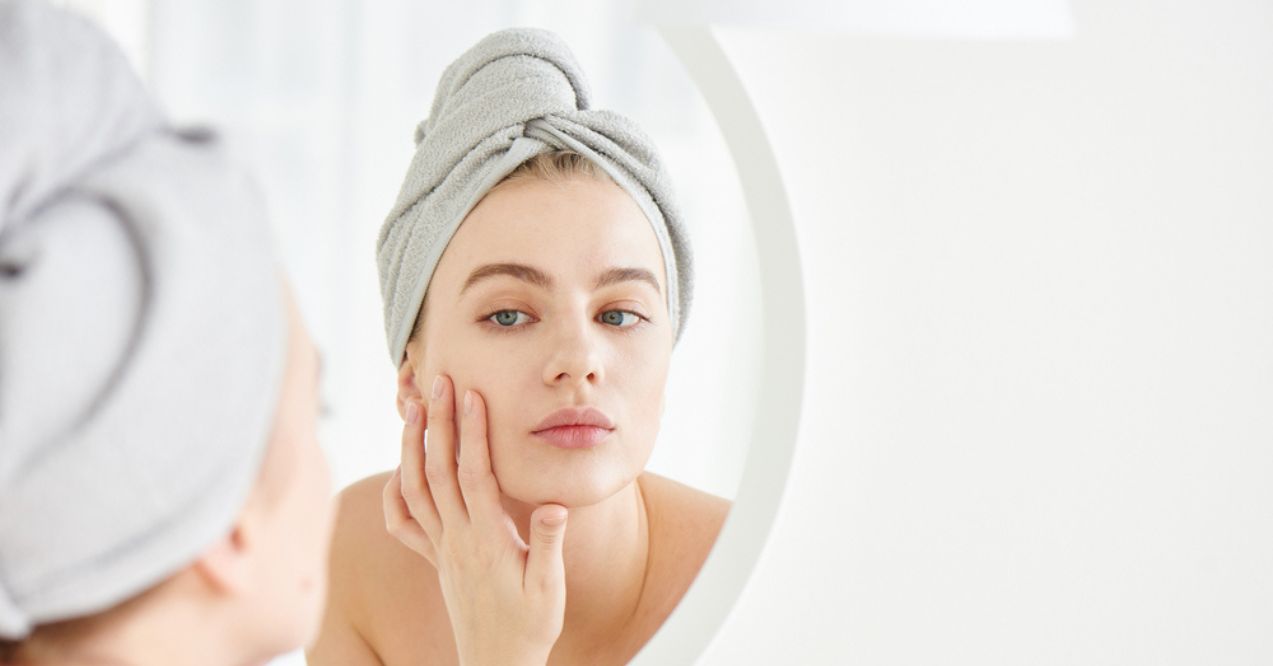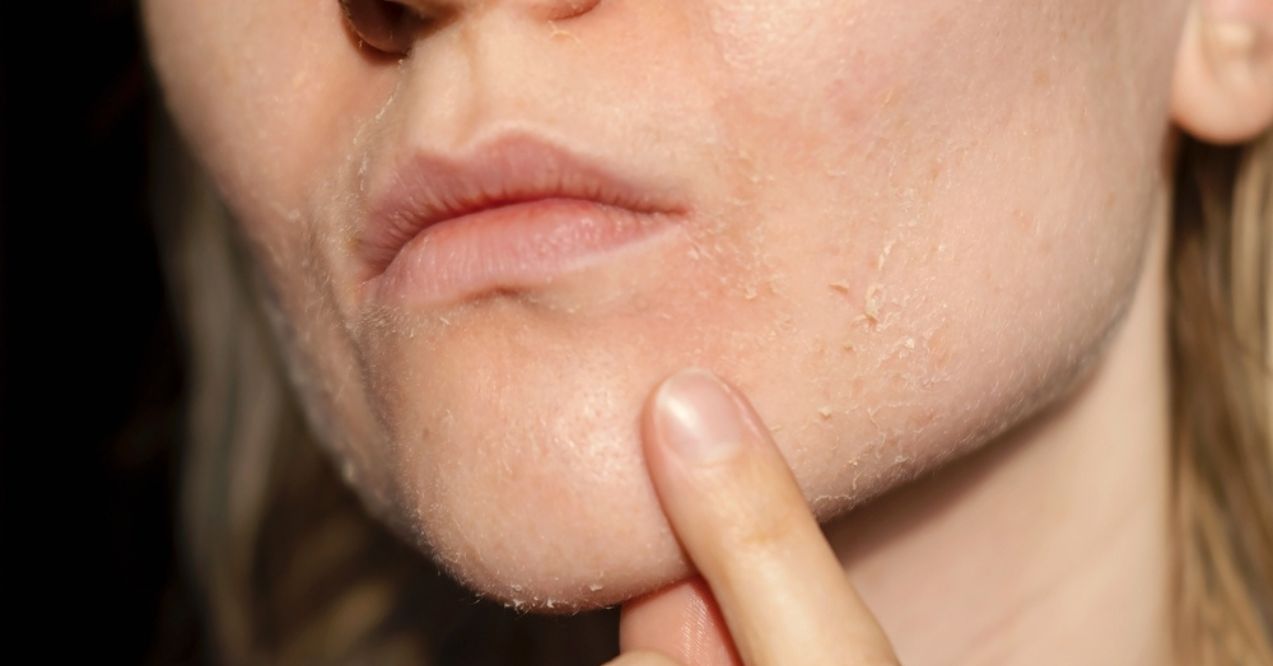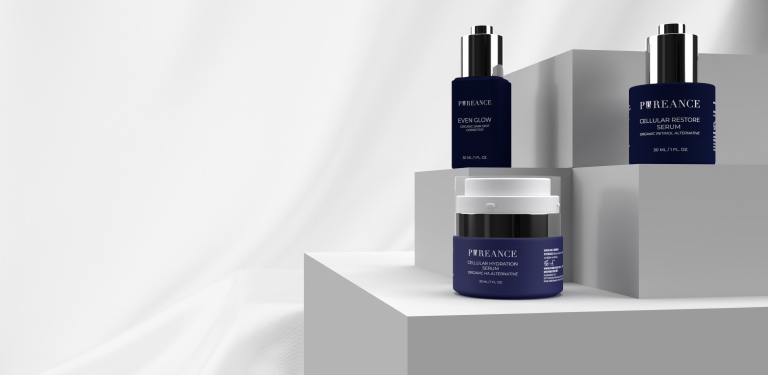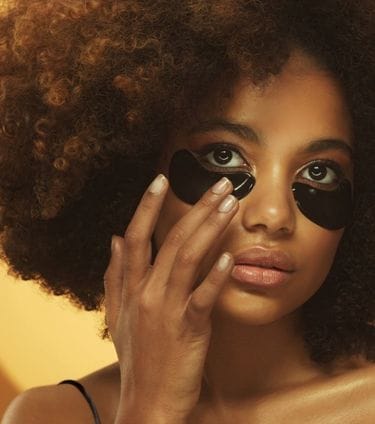


How to Treat Dry Skin Under Eyes
Dry skin under eyes is one of those sneaky skincare concerns that can make you feel like your whole face is off-balance. That delicate area needs special attention, and if you’re noticing flakiness, tightness, or discomfort, you’re not alone. This guide goes beyond basic hydration tips to give you practical, effective solutions for dealing with under eye dryness.
Key Article Findings
- The skin under your eyes is significantly thinner than the rest of your face, making it more vulnerable to dryness and irritation.
- A combination of gentle massage, proper skincare products, and lifestyle changes can effectively address dry under eye skin.
- Prevention is just as important as treatment.
Why Is the Skin Under My Eyes Dry?
If you’ve ever wondered “why are my under eyes so dry,” the answer lies in the unique structure of this delicate area. The skin beneath your eyes is like fine silk compared to the cotton-like texture of the rest of your face – it’s thinner, more fragile, and lacks oil glands that naturally moisturize other areas of your skin.
Several factors can contribute to under eye skin dryness:
- Environmental challenges play a major role in dry under eye skin. Air conditioning, heating systems, and low humidity environments pull moisture from your skin throughout the day. Digital devices emit blue light that can stress this sensitive area, especially when we forget to blink regularly during screen time.
- Your daily habits might also be contributing to the problem. That extra-hot shower feels amazing, but it strips natural oils from your skin. Rubbing your eyes, using harsh makeup removers, or applying too many active ingredients can disrupt your skin’s protective barrier.
- Even your wellness routine might need adjustment. Dehydration, lack of sleep, and nutritional gaps can show up first around your eyes. This area acts like an early warning system for your overall skin health.
How to Get Rid of Dry Skin Under Eyes

When it comes to dry skin under eyes treatment, taking a multi-faceted approach yields the best results. Let’s explore effective strategies that work together to restore and maintain healthy under-eye skin.
Gentle Under-Eye Massage
Your under-eye area benefits tremendously from improved circulation. Think of it as giving your skin a mini-workout – it brings nutrients where they’re needed most and helps remove fluid that can cause puffiness.
Start with clean hands and apply light pressure using your ring fingers. Use gentle tapping motions, working from the inner corner outward. This simple technique takes just 30 seconds but can make a noticeable difference in how your under-eye area looks and feels.
For an extra boost, try using a jade roller stored in the refrigerator. The cool temperature helps constrict blood vessels, reducing puffiness while the rolling motion supports lymphatic drainage. Always roll outward and upward, using the lighter pressure needed for this delicate skin.
Adjusting Your Skincare Routine
Your current skincare routine might need some fine-tuning to address under eye dryness effectively. Here’s a simplified approach:
Morning Routine
- Cleanse with a gentle, cream-based cleanser
- Apply a hydrating eye serum while skin is slightly damp
- Follow with a nourishing eye cream
- Finish with SPF specifically formulated for the eye area
Evening Routine
- Remove makeup with a gentle, oil-based cleanser
- Cleanse with a non-foaming cleanser
- Apply your hydrating eye serum
- Layer a richer eye cream for overnight repair
Strengthening the Skin Barrier
The delicate under-eye area lacks natural oil glands, making it especially prone to moisture loss. Learning how to hydrate under eyes effectively starts with your skin’s protective barrier. When this barrier becomes compromised, you’ll notice more dryness, sensitivity, and irritation.
Focus on ingredients that support skin barrier repair:
- Ceramides – these lipids help “seal the gaps” in your skin barrier
- Hyaluronic acid – attracts and holds moisture in the skin
- Squalane – mimics your skin’s natural oils
- Niacinamide – supports barrier function and reduces sensitivity
Pro tip: Layer your products from thinnest to thickest consistency. This allows each ingredient to penetrate effectively while building up hydration levels.
Nutrition & Supplements
What you put into your body shows up on your skin, especially around your eyes. How to care for dehydrated skin from within?
Your skin thrives on:
- Omega-3 fatty acids found in salmon, mackerel, and walnuts
- Antioxidant-rich fruits and vegetables, especially leafy greens
- Foods high in vitamin C, which supports collagen production
- Zinc-rich foods like pumpkin seeds and oysters
Stay hydrated by sipping water throughout the day rather than gulping large amounts at once. This helps your body maintain consistent hydration levels. Consider setting reminders on your phone if you often forget to drink water.
Lifestyle Adjustments
Small changes in your daily routine might make a significant difference in managing under-eye dryness. However, does dry skin cause wrinkles? Yes, chronic dryness may contribute to premature aging and fine lines.
Start with these simple adjustments:
- Take regular breaks during screen time (follow the 20-20-20 rule: every 20 minutes, look at something 20 feet away for 20 seconds)
- Invest in a silk pillowcase to minimize friction and moisture loss while you sleep
- Position your computer screen slightly below eye level to reduce eye strain
- Use a humidifier in your bedroom, especially during winter months
Preventing Under Eye Dryness
Prevention is your best strategy for maintaining healthy under-eye skin.
Sun protection is non-negotiable – UV exposure can break down collagen and elastin, leading to increased dryness and premature aging. Choose a mineral sunscreen specifically formulated for the eye area to avoid irritation.
Create a skin-friendly sleep environment:
- Keep your bedroom humidity between 40-60%
- Sleep on your back when possible to reduce pressure on your face
- Elevate your head slightly to reduce fluid accumulation
- Avoid sleeping with makeup on, which can lead to irritation and dryness
Conclusion
Managing dry skin under eyes requires patience and consistency. By combining proper skincare techniques, healthy lifestyle habits, and protective measures, you can maintain hydrated, comfortable under-eye skin. Pay attention to how your skin responds to different treatments and adjust your routine accordingly. With the right approach, you can say goodbye to dry, uncomfortable under-eye skin and hello to a more refreshed, radiant appearance.
Apply a gentle, fragrance-free eye cream with hyaluronic acid and ceramides. Use light tapping motions for application. Keep the area protected from harsh products, hot water, and excessive rubbing. Stay hydrated and consider using a humidifier.
While Vaseline can lock in moisture, it’s quite heavy for the delicate eye area. Instead, opt for lighter occlusive ingredients like squalane or jojoba oil. If using Vaseline, apply a tiny amount over your regular eye cream.
Coconut oil can be too heavy and potentially clog pores around eyes. While it provides moisture, lighter oils like argan or rosehip offer similar benefits with less risk of milia formation or irritation.
Yes, inadequate water intake directly affects skin hydration, particularly in the delicate eye area. The thin skin under eyes shows dehydration signs first. Drink plenty of water and limit dehydrating beverages like alcohol and caffeine.
This site offers health, wellness, fitness and nutritional information and is designed for educational purposes only. You should not rely on this information as a substitute for, nor does it replace, professional medical advice, diagnosis, or treatment. If you have any concerns or questions about your health, you should always consult with a physician or other health-care professional. Do not disregard, avoid or delay obtaining medical or health related advice from your health-care professional because of something you may have read on this site. The use of any information provided on this site is solely at your own risk.
Nothing stated or posted on this site or available through any services are intended to be, and must not be taken to be, the practice of medical or counseling care. For purposes of this agreement, the practice of medicine and counseling includes, without limitation, psychiatry, psychology, psychotherapy, or providing health care treatment, instructions, diagnosis, prognosis or advice.
